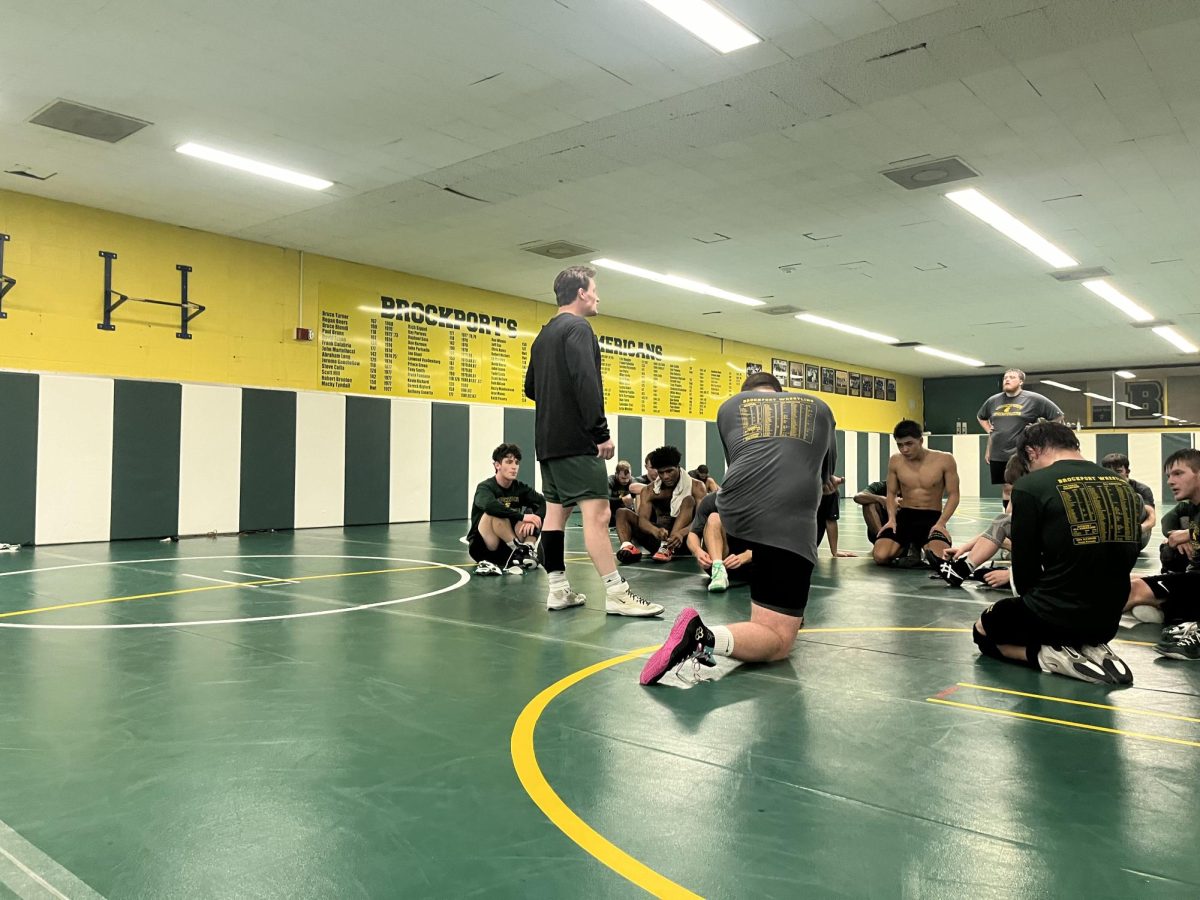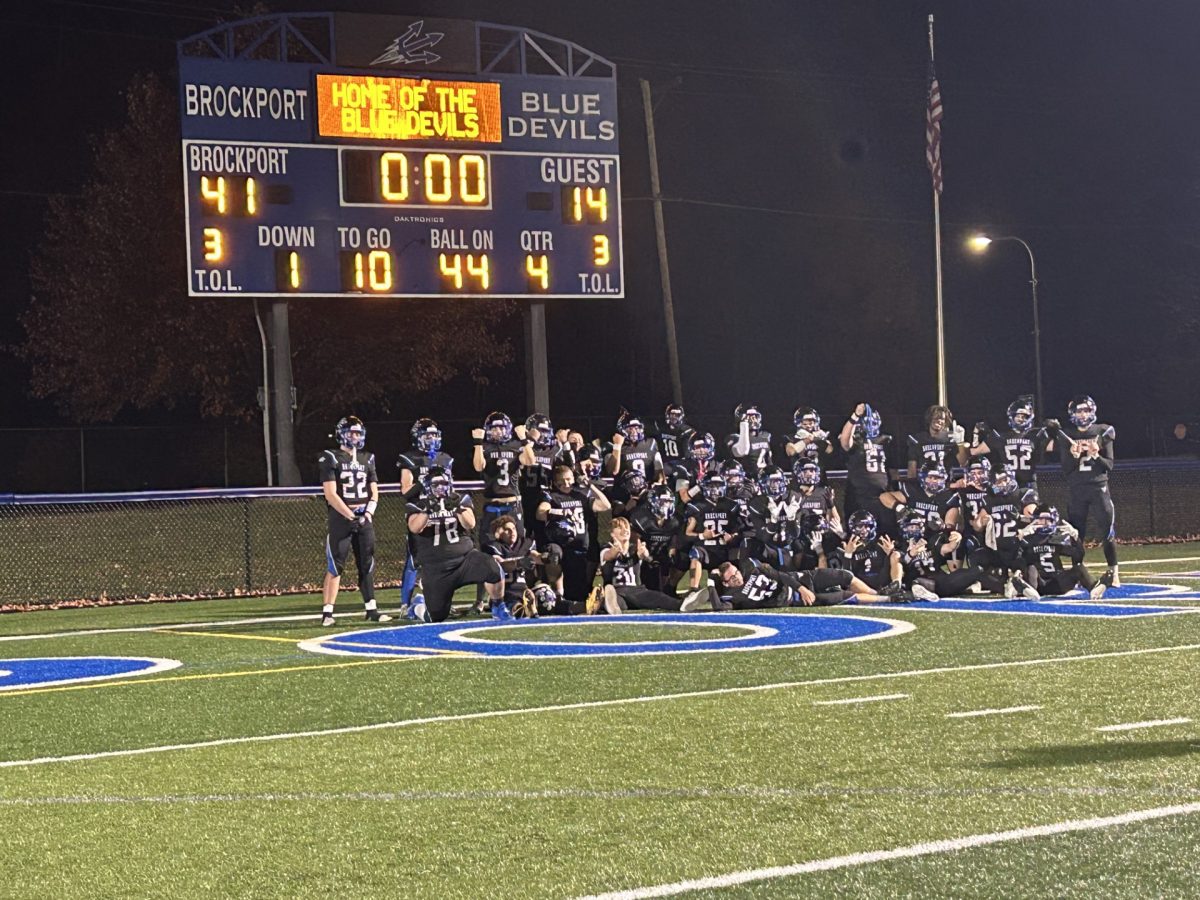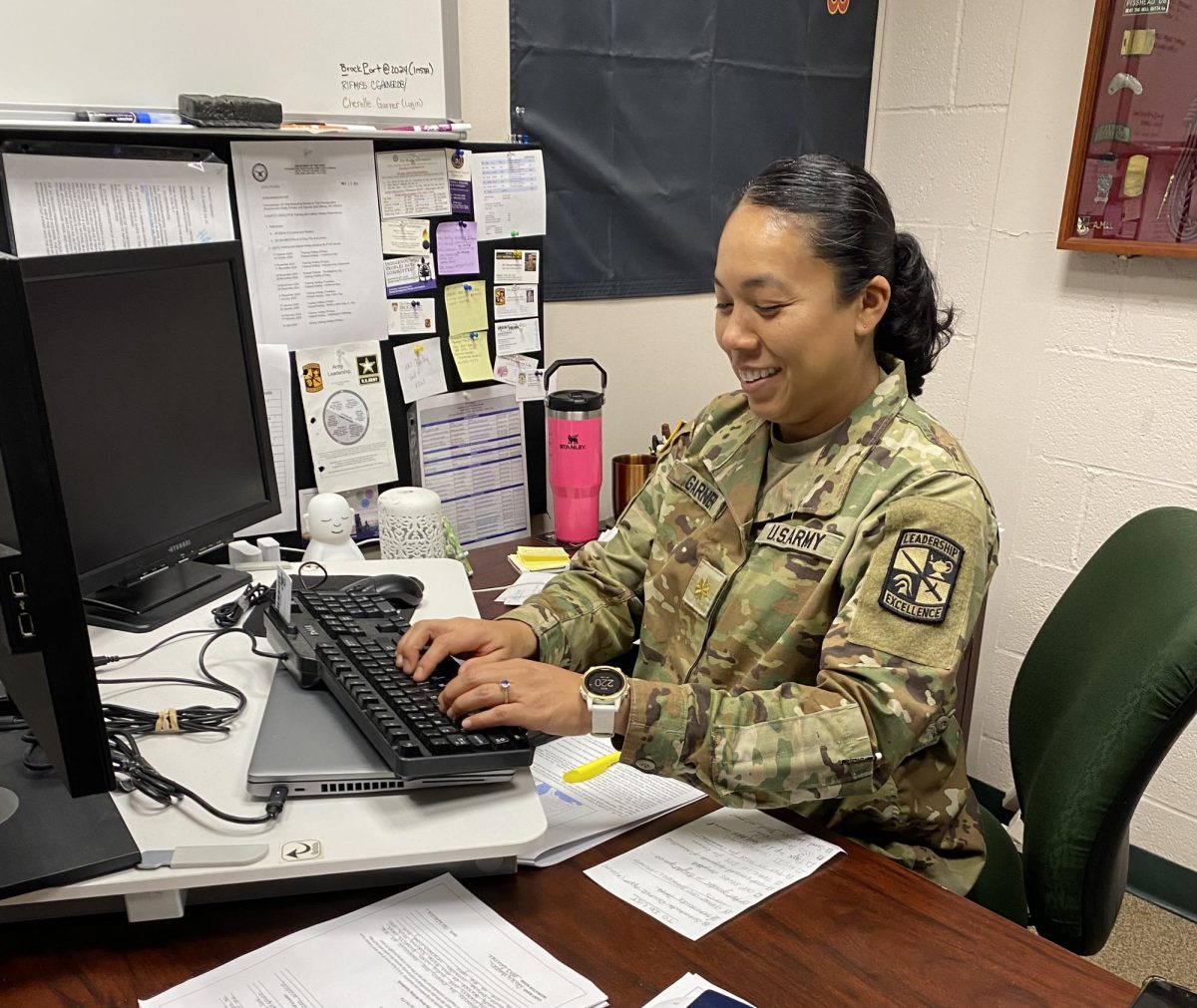By Shannon Blankenship
An athlete’s mental health is often attributed to how well they perform. Although performance plays an important role in validation for their sport, balancing school and sport is a task that can be difficult to manage.
Whether it be Division I or Division III, many athletes feel the pressures of and confined by their schedules. In a survey conducted by Colorado State, over half of the athletes said they feel they did not have enough time to study due to their athletic schedule.
Sophomore on the women’s soccer team Maryalice Skutnik is an athlete that feels these same pressures.
“My schedule is overwhelming,” Skutnik said. “I don’t have enough time for myself during the day. I end up staying up really late in order to make time for myself. I am constantly required to do things for other people, such as assignments for professors or showing up to practice and games for my teammates and coaches.”
While taking on this workload, finding time to take care of herself has not been easy.
“We are constantly required to put in so much of our time for whatever sport we play, so finding time for yourself is one of the most difficult tasks. Because school is always the number one priority, we are never able to put that aspect of our lives on hold,” Skutnik said.
Being a student by day and an athlete by night has proven to have a large effect on mental health. Mental health concerns remain at the top of studies conducted about the well-being of student athletes.


Sophomore on the men’s basketball team Colby Jordan is another athlete that faces these challenges. Taking two to three classes per day, managing when and what to eat, while also taking the time to perform well academically, Jordan’s mental health is on the back burner.
“I think mental health is put on hold for athletics,” Jordan said. “My body, mind and spirit rely on my mental health. If I can’t take care of myself, it affects my relationships and physical health. It’s sometimes hard for me to keep my mental health at a stable place because I’m an athlete, but I try to figure out a routine to get myself back on track.”
Senior Erin Radack, once a collegiate basketball player, stepped back from the sport. She realized that the stress and anxiety of having such a packed schedule was not beneficial for her well-being.
“I never knew what to do. I didn’t learn healthy coping mechanisms until after I quit,” Radack said. “I found myself lashing out at my partner, skipping class, missing assignments or reaching for a glass of wine after practice. I was told to just get through it because I was tough. Eventually, I broke.”
With more time on her hands, Radack noticed how much she is able to accomplish in just a few hours.
“I didn’t realize that having three hour practices, traveling for away games, getting in the gym outside of practice and film sessions was affecting my mental health until it was gone. It was just what student-athletes do, but no one talks about how draining it actually is. It’s amazing how much I can get done while my roommate is at practice. I have time for homework, a job, cleaning, making dinner, laundry, all things that sometimes get pushed aside for student-athletes, but are important for mental well-being.”
It is because of players such as these three that there are rules and regulations in place to protect athletes.
The NCAA strictly enforces daily and weekly hour limitations for athletes. It is mandatory for athletes in season to have one day off within a 20 hour week. This includes all aspects of sport; meetings, coach and captain led practices or workouts, mandatory lifts, etc.
Before any other title, these student-athletes are people, and a person’s capacity can only go so high before they break.




























